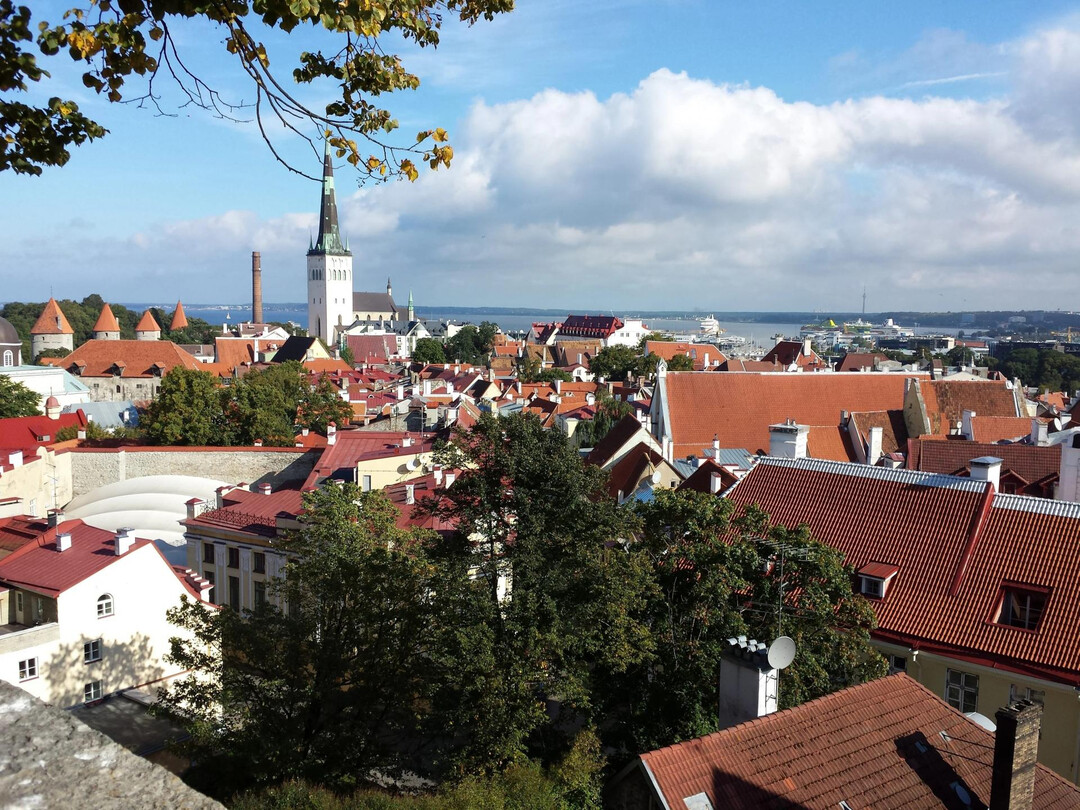
Estonia, a staunch supporter of Ukraine in its defense against Russian aggression, has emerged as a vocal critic of China's growing influence and authoritarian tendencies. The Baltic nation's decision to withdraw from the 17+1 cooperation framework, a platform designed to enhance ties between China and Central and Eastern European countries, underscores its growing concerns about Beijing's alignment with Moscow.
The primary reason cited by the Estonian government for not pursuing a "more friendly relationship" with China is the deepening strategic partnership between Beijing and Moscow. This alignment poses a significant threat to the rules-based international order and has prompted Estonia to seek closer ties with like-minded democracies.
While Estonia's former Prime Minister, Kaja Kallas, was a vocal advocate for supporting Ukraine's self-defense, the current Prime Minister, Kaja Kallas, has also prioritized strengthening ties with Taiwan based on shared values and mutual interests. Both leaders have expressed concerns about China's growing assertiveness and its disregard for international norms.
Estonia and Taiwan face similar challenges from authoritarian regimes. Both countries have experienced cyberattacks, disinformation campaigns, and other forms of interference from their larger neighbors. Taiwan, in particular, has been on the frontlines of China's efforts to undermine democratic systems and promote its own authoritarian model.
By sharing experiences and best practices in countering these threats, Estonia and Taiwan can strengthen their resilience and deter future attacks. Taiwan's expertise in dealing with China's "digital warfare" can be invaluable to Estonia as it seeks to defend itself against Russia's hybrid warfare tactics.
As China's economic influence grows, both Estonia and Taiwan are looking to diversify their supply chains and reduce their reliance on Beijing. By deepening economic ties, the two countries can create new opportunities for trade and investment, while also reducing their vulnerability to economic coercion.
One area of potential cooperation is the semiconductor industry. Taiwan is a global leader in semiconductor manufacturing, and Estonia has a growing technology sector. By collaborating on semiconductor research and development, the two countries can enhance their technological capabilities and reduce their dependence on foreign suppliers.
Estonia and Taiwan's growing partnership is not just about economics; it is also about strengthening democratic resilience in the face of authoritarian challenges. By working together, the two countries can send a strong signal to the international community that democracies can stand together against authoritarian regimes.
The recent visit by Estonian parliamentarian Marko Mihkelson to Taiwan further highlighted the growing ties between the two countries. Mihkelson's visit was the first of its kind, and it underscored the importance of the relationship.
The deepening relationship between Estonia and Taiwan is a testament to the growing recognition of the challenges posed by authoritarian regimes like China and Russia. By working together, these two democracies can enhance their security, promote economic growth, and defend the rules-based international order. As the global geopolitical landscape continues to evolve, the partnership between Estonia and Taiwan is likely to become even more important in the years to come.
[Copyright (c) Global Economic Times. All Rights Reserved.]



























